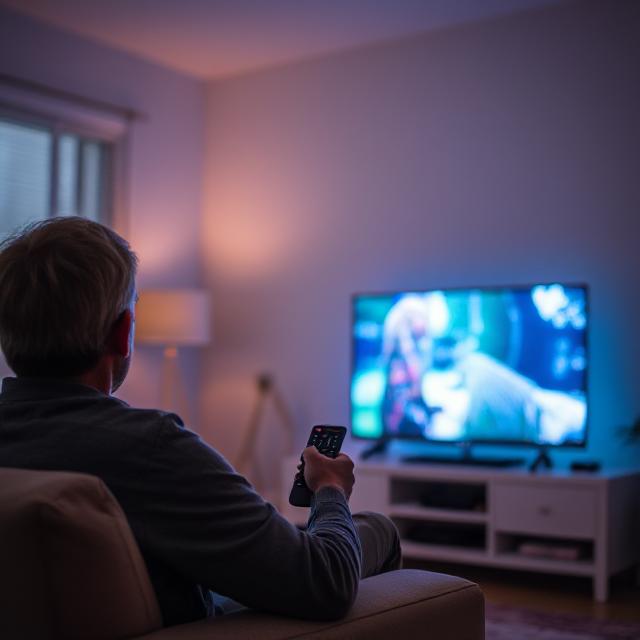A new study reveals that watching several episodes of a TV show or reading multiple chapters of a book in one sitting can lead people to think about stories and characters long after they finish, fueling imaginative and emotional involvement. This effect, called “retrospective imaginative involvement” (RII), might even help people handle stress and improve their sense of well-being.
Researchers from universities in the US and UK surveyed hundreds of college students to learn more about what makes stories memorable and why we continue to imagine and reshape them in our minds after watching or reading. The team found that people were more likely to engage in RII when they had spent longer periods enjoying a narrative, like binge-watching a TV series or reading a book for hours, rather than spreading it out over days or weeks. TV shows, in particular, were the most memorable type of media, but longer reading sessions with books also played a role.
The study explored not only how memory works in relation to RII but also what motivates people to get deeply involved with entertainment. Feeling immersed in and connected to a storyline, what psychologists call “boundary expansion”, was a strong predictor of continued imaginative engagement. Escapism, or using stories to get away from life’s pressures, also helped boost RII, although it was less powerful than immersion. Enjoyment and appreciation of a story, the ability to find meaning or emotional satisfaction, made people even more likely to revisit storylines and characters in their minds.
Interestingly, the researchers found mixed results regarding stress. While it might seem natural for people under stress to turn to their favorite stories for comfort and imaginative escape, high stress sometimes made it harder for people to actively remember and imagine. Meanwhile, having more free time increased the likelihood of engaging in RII, suggesting leisure time is important for letting the mind wander creatively.
This research adds nuance to conversations about binge-watching and intensive reading. Contrary to the belief that consuming many episodes or chapters at once is simply mindless escapism, the study highlights its potential benefits: forming richer, lasting memories of stories, and supporting creative imagination. These insights could help guide how people use media for relaxation and self-care, and encourage further research into the long-term impacts of entertainment on mental health.








